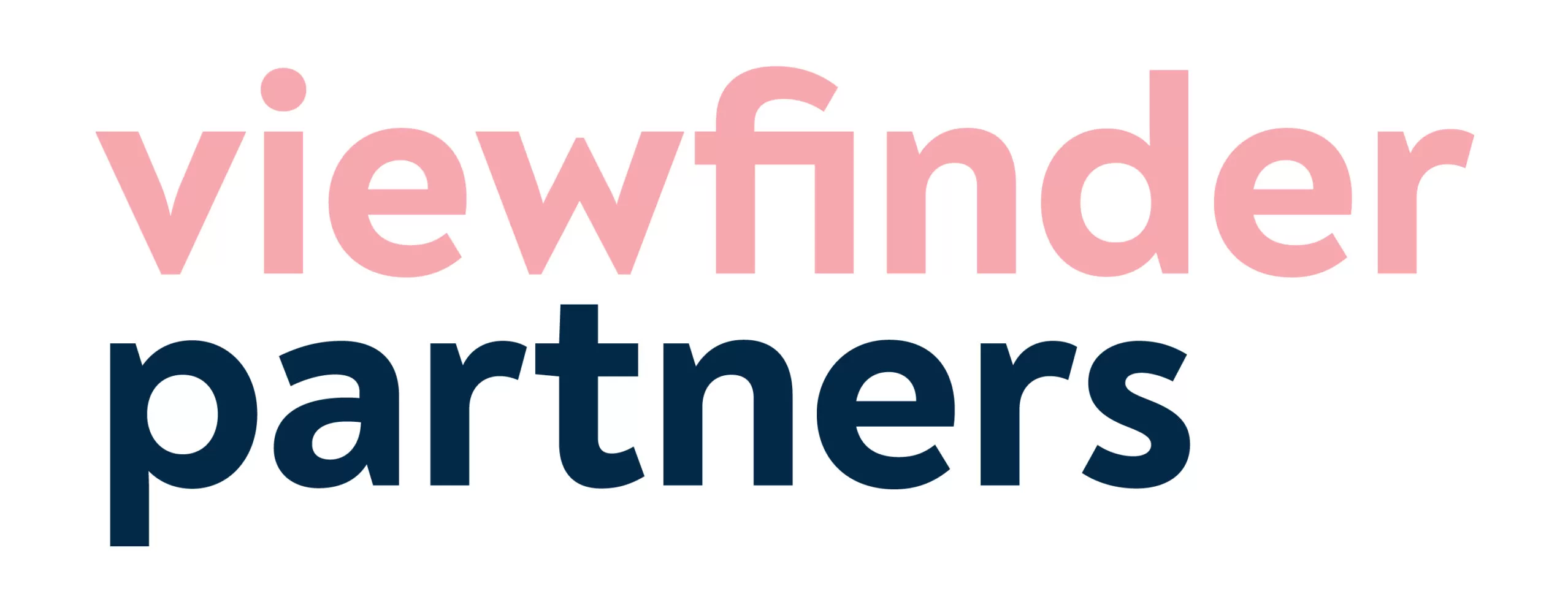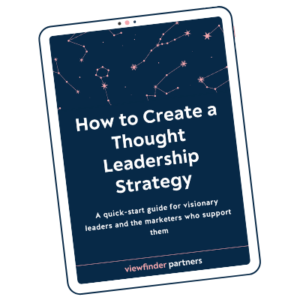“I’m not an expert, so I don’t know if I should be the one talking here.”
It’s one of the first nervous arguments I hear from people who want to develop their thought leadership, but they’re not sure if they have permission. Who are they to share their opinions?
What do they really know, anyway?
Trust yourself
When I was a teenager, I went to a week-long creative writing camp one summer. I loved it so much that my primary memory from the week is when I had to leave. I cried over lunch at an Applebee’s after my mom picked me up, unable to express why I was so bereft.
Here’s what I know now, looking back as an adult. The camp felt like a magical place because they took us so seriously. We were a bunch of teenagers, but the college professors running the camp didn’t treat us like dumb kids who had a lot to learn. We were writers with plenty of valuable material to draw from.
On the first day, one of the instructors wrote on the board:
If you’ve lived 16 years, you have enough to write about for the rest of your life.
That sentiment was incredibly powerful for me. For the first time, I felt like an adult – like someone whose voice was worth listening to.
And it gave me a new spark of creativity and confidence to mine what I already knew. Once I knew that I did have valuable experiences, reflections, and ideas, I was empowered to own my treasure trove of material and use it to say something interesting.
That simple statement still inspires me when I’m not sure what to say.
You’re not an expert in everything
So, no, maybe you’re not an expert. There are all kinds of things that you know little or nothing about.
- If you lead a team of marketers, you’re probably not an expert in mechanical engineering.
- You might not know the ins and outs of how a bill becomes a law.
- Or have any idea what’s happening with Bitcoin this week.
But you are an expert about your work
But you are the world’s premiere expert in one domain: what’s happening inside your own brain. You know the most about what you’re thinking about and working on. And that’s what your thought leadership should focus on — your experience, expertise, and perspective. No one else’s.
And now, I try to help aspiring thought leaders take themselves just as seriously. I nudge them to reconsider their imposter syndrome. Instead of asking, “Who, me?” I push them to ask, “Why not me?”
Because no one’s expecting you to be an expert on anything, really – other than your own work and your own ideas. And I guarantee you have plenty of ideas to work through.
Just like those college professors knew I had 16 years of experience as a human, I know that you have many years of experience as a working person, learning what works, what doesn’t, what’s changing, what’s new, what’s confusing, and what’s coming next in your field.
So, own your expertise. Use your voice. And feel confident that you have something to say.







